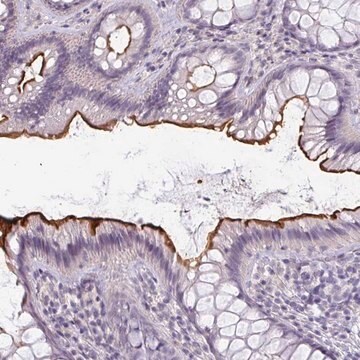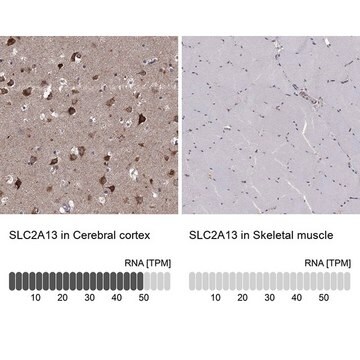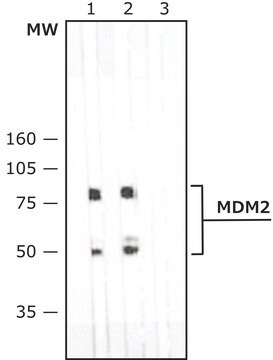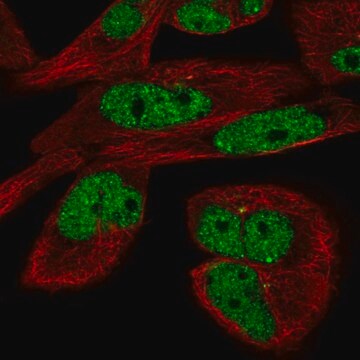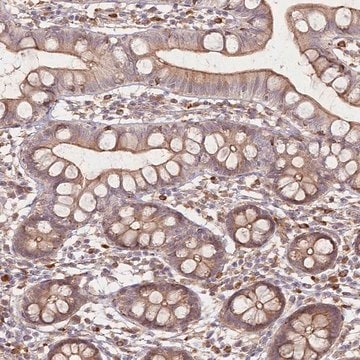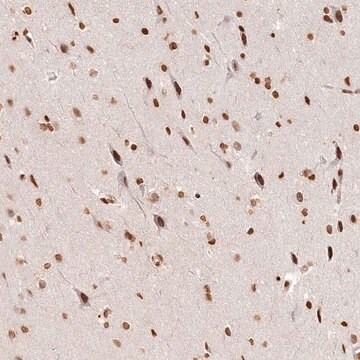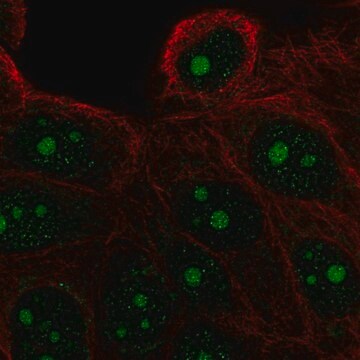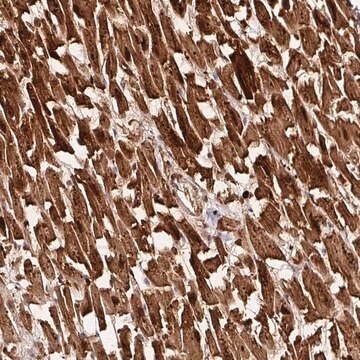AV32331
Anti-EYA3 antibody produced in rabbit
affinity isolated antibody
Synonym(s):
Anti-Eyes absent homolog 3 (Drosophila)
About This Item
Recommended Products
biological source
rabbit
Quality Level
conjugate
unconjugated
antibody form
affinity isolated antibody
antibody product type
primary antibodies
clone
polyclonal
form
buffered aqueous solution
mol wt
63 kDa
species reactivity
human
concentration
0.5 mg - 1 mg/mL
1 of 4
This Item | HPA038108 | HPA066175 | HPA042585 |
|---|---|---|---|
| Quality Level 100 | Quality Level 100 | Quality Level 100 | Quality Level 100 |
| biological source rabbit | biological source rabbit | biological source rabbit | biological source rabbit |
| conjugate unconjugated | conjugate unconjugated | conjugate unconjugated | conjugate unconjugated |
| product line Prestige Antibodies® Powered by Atlas Antibodies | product line Prestige Antibodies® Powered by Atlas Antibodies | product line Prestige Antibodies® Powered by Atlas Antibodies | product line Prestige Antibodies® Powered by Atlas Antibodies |
| species reactivity human | species reactivity human | species reactivity human | species reactivity human |
General description
Rabbit Anti-EYA3 antibody recognizes human, mouse, rat, and canine EYA3.
Immunogen
Application
Biochem/physiol Actions
Sequence
Physical form
Disclaimer
Not finding the right product?
Try our Product Selector Tool.
Storage Class Code
10 - Combustible liquids
WGK
WGK 3
Flash Point(F)
Not applicable
Flash Point(C)
Not applicable
Certificates of Analysis (COA)
Search for Certificates of Analysis (COA) by entering the products Lot/Batch Number. Lot and Batch Numbers can be found on a product’s label following the words ‘Lot’ or ‘Batch’.
Need A Sample COA?
This is a sample Certificate of Analysis (COA) and may not represent a recently manufactured lot of this specific product.
Already Own This Product?
Find documentation for the products that you have recently purchased in the Document Library.
Our team of scientists has experience in all areas of research including Life Science, Material Science, Chemical Synthesis, Chromatography, Analytical and many others.
Contact Technical Service
